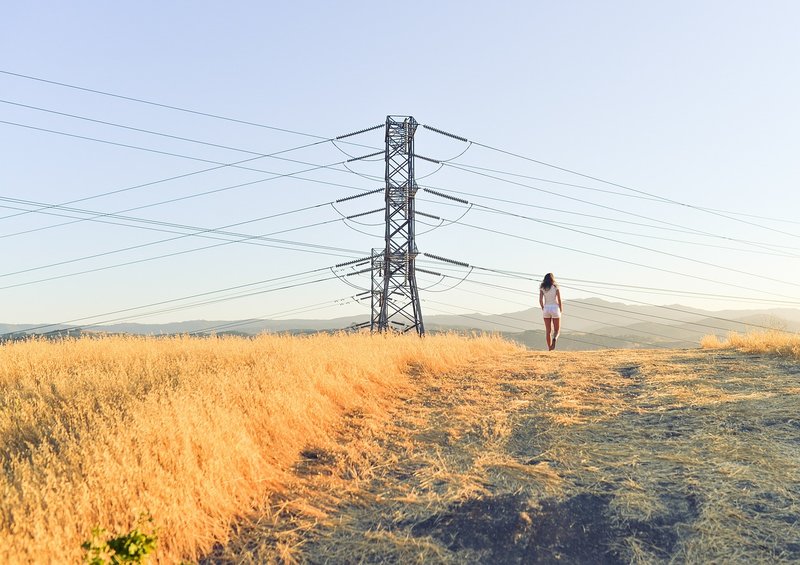At times, the constant cycle of water, gas and electric consumption, and rising utility costs can make a life ‘off the grid’ seem very appealing. For a growing number of people, living off the grid is a way to not only cut down—or completely eliminate—their monthly energy bills, but also a way to lower their overall impact on the environment.
 Source: Pixabay
Source: PixabayIn 2006, an article on USA Today said it was estimated that around 180,000 American households were living off the grid by choice. As more and more states have started to offer tax breaks and other incentives to homeowners who elect to use clean energy systems to power their homes, this number has surely grown over the past several years.
If living a more autonomous life off the grid sounds appealing, there are some necessities that must be addressed in order to make it possible to survive in a self-sufficient manner. Below we take a look at three absolute necessities to living off the grid.
Solar Panels and other Power Sources
Yes, one of the main goals of living off the grid is to use less energy. However, most people living off the grid still need a small amount of energy in order to heat water, provide light, and cook food. Luckily for them, there are a variety of ways to alternatively generate power for their homes.
For off-the-grid homes located in open areas that receive a lot of wind or sunlight, strategically-placed wind turbines or solar panels can collect and store enough energy to supply a home with free electricity for days at a time. Excess power from these sources can also be stored in batteries and tapped for use when wind or sunlight is not available. Auxiliary generators can also be used to provide off-grid homes with power, and can be fueled using diesel, propane, or natural gas.
A Good Water Source
As you have probably heard before, human beings can survive around 3 weeks without food, but can only last about 3 days without water. This, of course, makes securing a renewable source of clean drinking water essential to living off the grid. The two main ways of securing drinkable water, other than living near an existing clean water source, are drilling a water well and collecting rain water. In the case of wells, water well pumps may be necessary in order to deliver water from the well to your home. Your solar panels or another power source can power your pumps. With rain water collection, it is necessary to treat the collected water to remove contaminants that can make you sick.
Waste Disposal and Living off the Grid
Proper disposal of waste is a necessary part of living life off the grid. Failing to dispose of hazardous waste in an appropriate manner could lead to health issues and contaminated soil (and therefore water). Common off-the-grid waste disposal systems include composting toilets, incinerating toilets, open-air lagoon pits, and septic tanks with buried leach fields.
